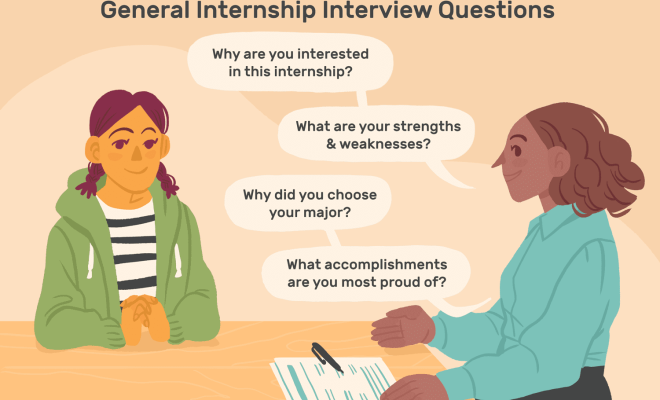How competing for students will transform universities

Duncan Bentley, Victoria University
Historically, universities were privileged institutions for the “intelligent elite”, almost exclusively male communities, where great thinkers lived and worked and passed on their wisdom to fellow scholars and their students. Imagine Oxford, Harvard and the University of Melbourne before 1960.
Today, universities remain institutions in which groups of scholars contribute to the world’s knowledge and pass it on through teaching and exchanging ideas with the wider community. The difference is they try much harder to serve as many people as they can.
Institutions of distinction
The power of the university community is that it has never been bound to an institution or a country. Many academics and their students are more closely tied to their colleagues across the world in their own discipline than to an academic across the corridor in another field.

Demand tends to follow prestige.
Aleksandar Todorovic / Shutterstock.com
Traditionally, groups of scholars have banded together to compete in the race for new knowledge. They have not based their work on their institutional affiliation.
Universities, on the other hand, bundle their best groups together and claim a reputation. This has been the major driver of distinction and competition for universities and is reflected in the different world rankings.
Reinforcing this approach to competition is that student demand continues to follow elite status in the different rankings. This means that countries building their university systems are increasingly entering the “brain race”. Elite scholars are attracting lucrative incentives and contracts, similar to elite sport.
New competition
In Australia, competition will continue to transform universities. Australia has followed the world in democratising university education. The last 50 years has also seen a significant increase in the scope of degrees offered, particularly as universities have incorporated training for the growing number of professions.
Uncapping of places following the Bradley Review of higher education led to a significant growth in demand and university revenue. As the rate of growth has slowed, universities have sought to maintain revenue by trying to attract different types of students using a range of delivery methods.
While different university groupings exist, it is difficult to see much difference other than in positions on the research rankings. Many universities have regional presence. All universities are trying to “innovate” and this includes different levels of online delivery. All universities are working internationally.
Many universities were, until relatively recently, polytechnics or technical colleges and the pecking order among universities and therefore the demand from students largely reflects the research rankings, which favour the established elite.

The student experience: a new way universities compete
Nils Versemann / Shutterstock.com
Newer universities are therefore trying to re-invent the student experience and to develop links with industry and specialised degrees to generate the revenue they need to maintain their relative positions. Revenue pressure has increased as international student demand remains inconsistent and government funding for domestic places does not maintain pace with university ambitions.
New competition is also entering the field. TAFEs and private providers don’t need to research and they get more money for degrees than they can get from vocational qualifications. Degrees are also normally longer, which provides a more secure revenue stream from each student recruited. New entrants make more money too, as they generally have a lower cost structure than universities.
Add to this the fact that some 87% of the workforce in Australia is employed in the services sector, where a bachelor degree is increasingly becoming a base requirement for a job. It is an attractive market in which to operate.
Universities have responded by partnering with TAFEs and private providers to access markets or improve their productivity in ways they cannot achieve on their own. It makes sense to provide curriculum, quality assurance and a degree for a fee, and let the TAFE or private provider focus on teaching students who might not otherwise have gone to university. The results are often as good or better for the student. It provides a new revenue stream for both parties.
Specialise to succeed
As growth in demand for universities slows, particularly outside Queensland and Western Australia, competition for students will heat up. The lowest tier of universities will have to focus on only highly specialist areas of research, simply for lack of funding.
All universities are likely to look to improve their productivity so that they have sufficient funds to maintain their world-leading research. Those who succeed will be those that get rid of unnecessary costs and drive new opportunities to increase their revenue.
How will competition develop? Increasingly, universities and higher education providers will follow the example of the scholars in a global market. They will specialise in what they do well and partner with anyone who is like-minded and can help them compete effectively in their race for achievement. For most universities their goal will remain excellence in teaching and learning and research for the betterment of humanity.
Competition will continue to transform universities. Some may lose the battle and fail, while others may partner to achieve higher rankings. The real winners are likely to be the students – and the elite scholars and teachers.
The Conversation is running a series on “What are universities for?” looking at the place of universities in Australia, why they exist, who they serve, and how this is changing over time. Read other articles in the series here.
![]()
Duncan Bentley, Deputy Vice-Chancellor, Victoria University
This article was originally published on The Conversation. Read the original article.




